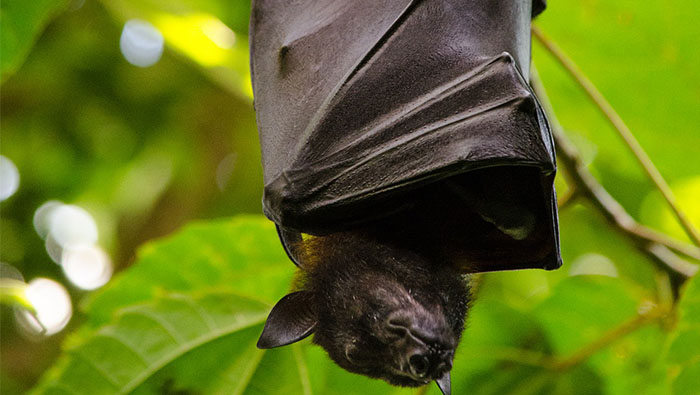
Muscat: Three people have died, while another person is battling for life and several others have been hospitalised in Calicut, Kerala, India, after contracting the incurable Nipah Virus, several Indian media houses reported.
According to reports, the three who passed away were two brothers in their 20s and their aunt. The men’s father has also been admitted in the hospital and is said to be in a “serious” and “delirious” condition.
The Nipah virus (NiV) infection is usually transmitted through fruit bats that are said to carry this virus and there is no vaccination to fight it. In the case of the young men, it was reported that they had eaten fruit that was found fallen in their compound and it was later discovered that a bat was found dead in the well at their house.
The Kerala government is on alert and the Chief Minister’s office put out has been giving updates on Twitter, “Health minister & Labour minister have camped at the district to lead the efforts. Private hospitals have been instructed to not deny treatment for anyone suffering from fever. An expert medical team of the Union government has arrived on the request of the State Government.”
The second tweet read, “National Institute of Virology has confirmed from the studies on blood samples that three out of the four deaths attributed to fever was caused by the virus. The first death was reported on 19th; the Union Health Ministry & World Health organisation were contacted on the day itself.”
While the third tweet read, “CM Pinarayi Vijayan has informed that Government is closely monitoring the spread of the Nipah virus. Health department is doing everything possible to save the lives of the infected & prevent the advance of virus.”
Nipah virus: Symptoms
The Nipah virus is also capable of causing disease in pigs and other domestic animals and there is no vaccine for either humans or animals. The primary treatment for human cases is intensive supportive care, says WHO on its website. This virus is on the “top list” of 10 priority diseases and has potential for the next major outbreak, WHO has identified.
The symptoms in those infected, include fever, headache, confusion and disorientation. More severe symptoms include acute respiratory syndrome - where the lungs cannot get enough oxygen to the body - fatal encephalitis, an inflammation of the brain and people can also go into a coma.